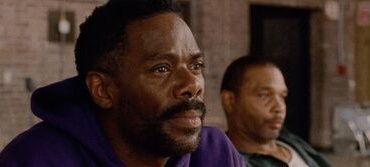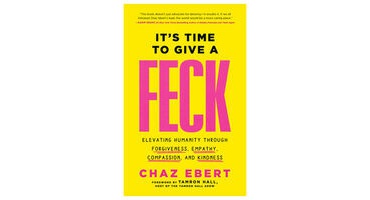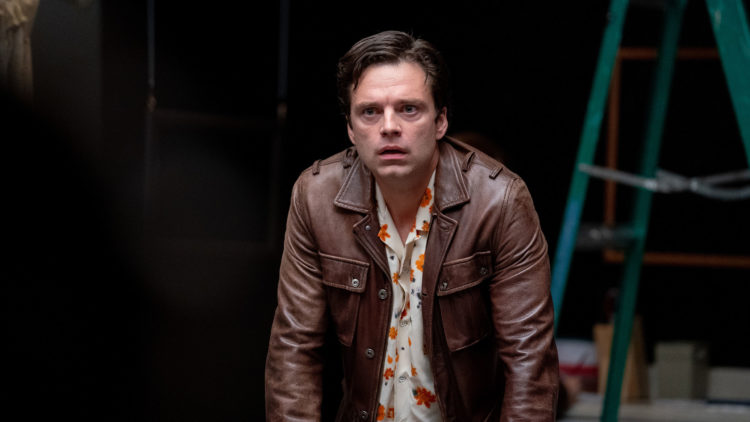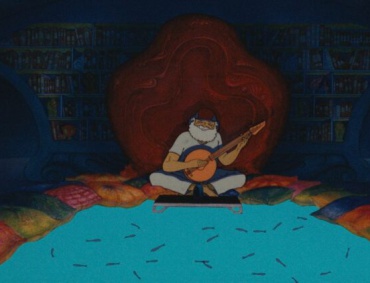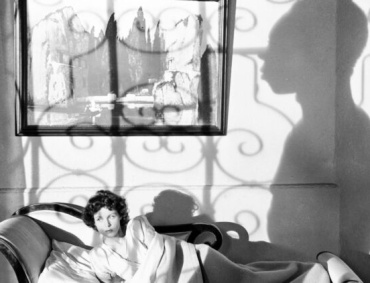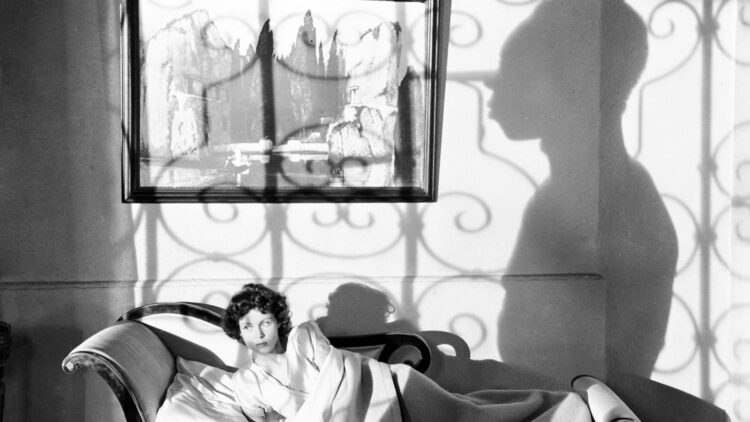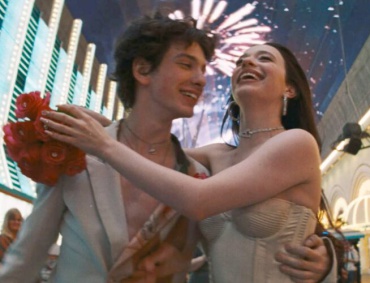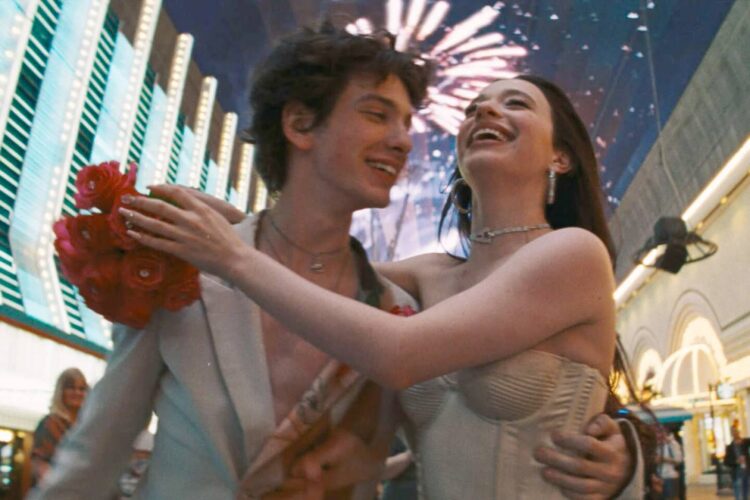
If you read the synopsis of “Sing Sing,” you might mistake it for a movie you’ve seen before. It’s a drama starring Colman Domingo as one of a group men in serving time in prison whose participation in a theater arts program gives them something to look forward to and improves them as human beings. It ends on what a studio boss might call an “up note.” But it doesn’t move or feel like any other prison movie, or movie about theater students, that I’ve seen, and its commitment to the truth of its characters — and of life itself — is rare and precious.
Writer-director Greg Kwedar and his script partner Clint Bentley developed the project after buying the rights to the 2005 Esquire article “The Sing Sing Follies,” by John H. Richardson. But they didn’t just shrink-wrap a true story in Hollywood cliches. They did what good journalists would do and re-reported the entire thing by interviewing people from the story as well as various participants in the Sing Sing correctional facility’s theater program. Then they cast some key roles with people who went through that same program.
And then—the crowning touch—they kept the movie loose and airy (but never slow) and allowed scenes to play out in a way that feels real, especially in the drama club meetings. Participants are shown rehearsing scenes, talking about their meaning and construction, giving each other notes on how to perform the material, and talking about how the art informs their lives (or the reverse). The result is probably closer in feeling to work by an English “realist” director like Mike Leigh or Ken Loach, letting the form of a scene or an entire sequence change according to whatever’s happening onscreen that’s most interesting and shooting it in a way that makes it feel like it’s all spontaneously happening. The film crew strives to get as nice a shot as they can without sacrificing that feeling of immediacy.
Domingo plays Divine G, one of many real people who went through the program. He was an actor and aspiring playwright in high school before his life went off the rails. He’s a devotee of theater, loves to act and read plays, and approaches it all with the quiet fervor of somebody who found religion behind bars. Some of the most memorable images in “Sing Sing’ focus on Domingo’s face in closeup as Divine G performs, thinks, or silently observes others.
The prison is a cold, cruel place full of violent men whose daily life revolves around trying not to antagonize the alpha dogs within the prison population or the guards looming over them. Discipline/punishment seems arbitrary. Cells get “tossed’ by guards in a heedless manner that seems meant more to humiliate and terrorize than find forbidden things.
The theater program is an oasis from all of that. “We’re here to be human again,” one participant says. It’s also a place where the effectiveness of art as a tool of enlightenment can be demonstrated just by showing a bunch of actors doing their thing.
Paul Raci, who was so memorable as the hero’s mentor in “The Sound of Metal,” is a measured and understated but strong presence as the group leader who has to wrangle all of the egos assembled in front of him every week. He has an ego himself: the movie doesn’t get into the details, but it’s inferred that he writes all of the original plays performed by the group, that while he takes suggestions for what types of material to combine, it’s ultimately his show, and he has to go off and struggle with the blank page just like any other author.
There’s a bit of tension courtesy of a dynamic but edgy and sometimes combative new troupe member, Divine Eye. He’s played by Clarence “Divine Eye” Maclin, who went to Sing Sing for armed robbery in real life and is playing a fictionalized version of himself here. At first, it seems as if the movie is setting up a rivalry between the two Divines, possibly an “All About Eve” scenario about jealousy and treachery in a theater group.
But here, as elsewhere, “Sing Sing” doesn’t choose a well-trod path. Divine G is a fundamentally decent person who has insecurities like anybody (the suppressed terror in the character’s eyes when he fears he’s about to be eclipsed by a newcomer is beautifully expressed). But he also has enough self-control and confidence to see beyond the immediate moment and transform a potentially ruinous situation into something beautiful just by being his best self. The burgeoning relationship between these two actors is the secret backbone of the movie, and its conclusion has the kind of understated sincerity that old movies by directors like Howard Hawks and Billy Wilder used to do so well.
“Sing Sing” is a small enough movie that it won’t be playing in every multiplex. But you should still try to see it with an audience if possible because it’s the kind of film that reaffirms what the experience is about. You can feel the collective mental hum of an audience recognizing what the movie is up to — usually a few beats after it has started down a specific path, because it’s pretty sly about what it’s doing. Sometimes the movie seems to be going off on a tangent, only to reveal itself as an element that would diminish the whole if removed.
I learned, and rediscovered, a lot about film, theater, and the arts while watching “Sing Sing.” The more you sit with it, the more you admire everything it does and is.


